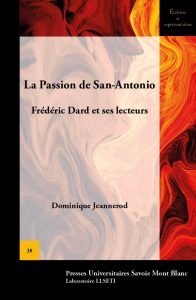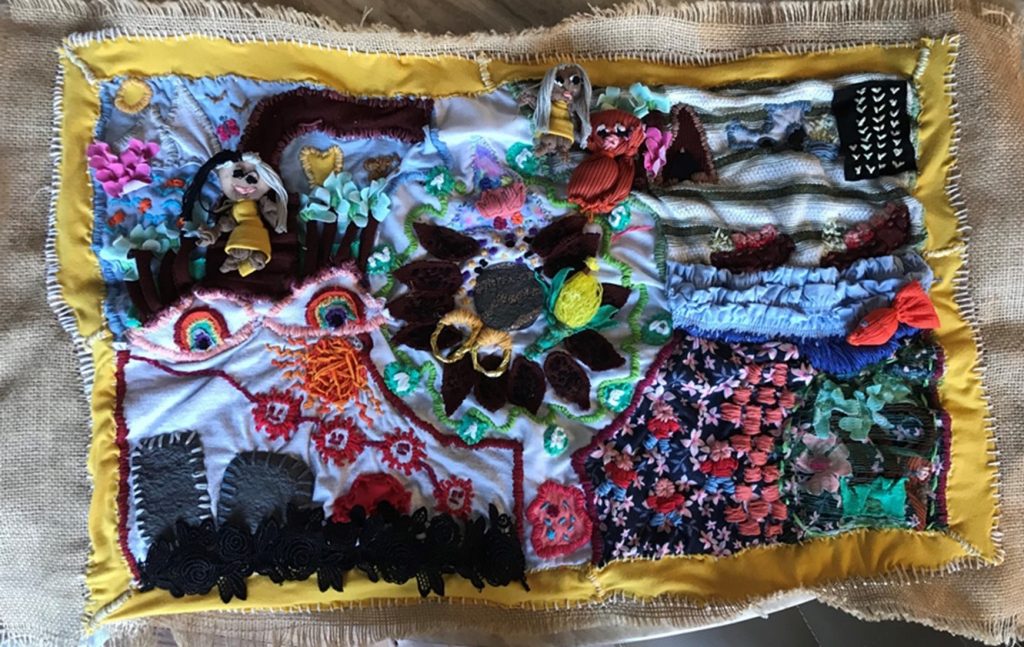This post is part of our Research Initiation Scheme for 2021-2022.
On Friday 20 May 2022, Queen’s University Belfast hosted the annual Modern Languages CDRG Research Showcase. The event emphasised the wealth of research recently undertaken by the Core Disciplinary Research Group at Queen’s. The Celebration of Recent Publications in Modern Languages panel session in particular highlighted some recently published work from three Queen’s lecturers, Dr Dominique Jeannerod (French), Dr Síobhra Aiken (Irish) and Professor Maeve McCusker (French). The panel was chaired by Laura Kennedy, a current PhD student in French.

Dr Dominique Jeannerod, interviewed by Mark O’Rawe, a PhD student in French, provided an overview of his monograph entitled La Passion de San-Antonio: Frédéric Dard et ses lecteurs (Presses universitaires Savoie Mont Blanc, 2021). La Passion de San-Antonio considers the readers of San-Antonio book series by French crime writer, Frédéric Dard. Dr Jeannerod explained how he, like millions of others, grew up in France reading the San-Antonio books. However, these novels were perceived as anti-literature due to a variety of socio-cultural factors, ranging from their aggressive market orientation to Dard’s grotesque humour and idiosyncratic use of French slang. As a result, the San-Antonio books were to be read outside of the classroom. Despite or indeed because of this lack of institutional recognition, the collection of novels has enjoyed a very diverse readership. Dr Jeannerod’s research work on this topic focuses on the relationship between the reader and the author, asking questions about who the readers of San-Antonio are, how they read, and what their assumptions or prejudices might be. In the interview, Dr Jeannerod discussed the varying trends in the San-Antonio readership across generations, which saw the novel’s popularity decrease around the 1990s. The conversation with Dr Jeannerod concluded by looking forward to the return of San-Antonio in multimedia form, with the anticipated release of a TV series, based on the book series.
Continue reading